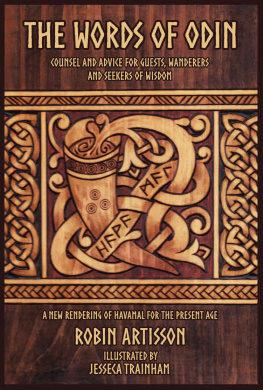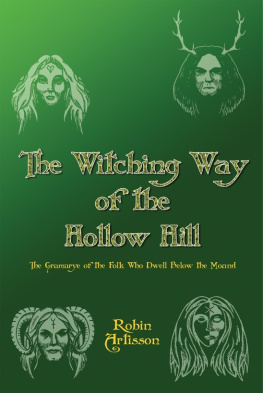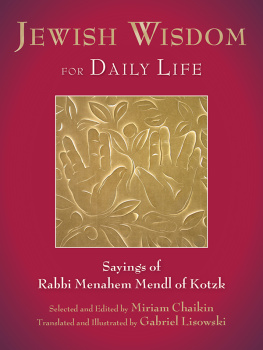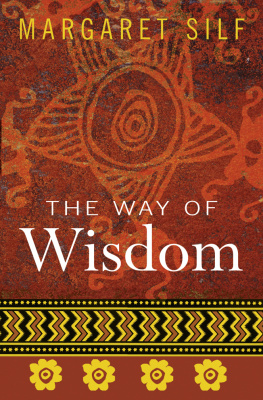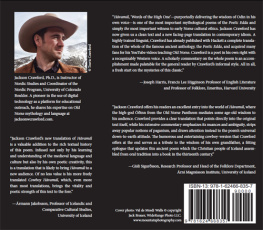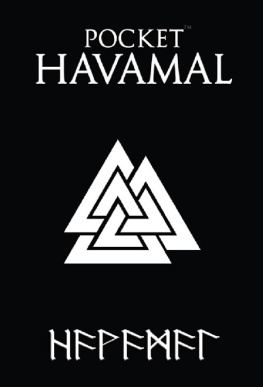


THE WORDS OF ODIN
A New Rendering of Hvaml
By
Robin Artisson
With
Jesseca Trainham, Illustrator
Elizabeth Driskell Ahmad, Editor
2016 Robin Artisson. All Rights Reserved. This book or parts thereof may not be reproduced in any form, stored in any retrieval system, or transmitted in any form by any means- electronic, mechanical, photocopy, recording, or otherwise- without prior written permission of the publisher, except as provided by United States of America copyright law.
ISBN-13: 978-1541141513
ISBN-10: 1541141512

BLACK MALKIN PRESS
Concord, NH
www.robinartisson.com
This book is dedicated to Gangrar-Oinn
In fulfillment of a promise made to him
And in thanks for his guidance through danger.
It is dedicated also to my wise Foremothers and Forefathers
Who knew things about living in this world
That we today are poorer for lacking.
And it is dedicated to Wren Marie-Evelyn Carlson
May the Father of Wisdom protect her and guide her
Every day of her life.
Wise Counsel for Guests, Friends, and Travelers
And the Tales of Odin's Love-Adventures
The Counsel Given to Loddffnir
The Winning of the Runes
The Spells and Magical Songs of Odin


History has bequeathed to us many books of wisdom. But humanity has been around for a very long time, and for the majority of our true history, there were no books. The recent arrangement of things that goes under the name "civilization" is responsible for the birth of books, and though I don't consider civilization's triumphs in terms of a great number, I do consider books to be among them.
By the power of the written word, the wisdom of Lao-Tzu came to dwell among later generations: his wisdom put down in the Tao Te Ching , even across the perilous lines of translation and the leap to many other cultures, is a powerful depiction of the all-creating feminine spirit of nature and a way of living in simplicity and peace that appears faultless. The words of the Stoic emperor Marcus Aurelius- despite his devotion to the unfortunate pleasure-hating and quasi-world denying background of his Stoicism- still passed down a treasury of wisdom and compassion in his own personal journal, his Meditations , which although he never intended for publication, has helped to ennoble many people since his time.
Both the Tao and the Meditations come to us from times long distant and from places that had living wisdom traditions that had not yet been destroyed by the spread of absolutist Abrahamic monotheistic culture. To have the privilege of reading the words of men or women who had not yet been subjected to that woeful change of the human social world gives us a chance to hear perspectives on living that are meaningfully different from the outworn creeds of the modern day.
The ancient Chinese and the ancient Greeks and Romans have no hard time qualifying for the modern day's "Civilizations Worth Admiring" list. In them, we see everything we wish we could be or hope that we are: builders of vast cities, artists, philosophers, scientists, sages, and the list goes on. But the people of the ancient Heathen world- the Germanic-language speaking peoples who dwelled in Eastern and Northern Europe originally, and who came to dominate Western and Southern Europe later, creating an entirely new cultural landscape after the fall of Rome- have a slightly harder time getting onto the list. It's true that the modern faddish explosion of interest in the Viking explorers and traders of the 8 th -11 th centuries has produced a certain modern horde of people who hold the ancient Scandinavians in very high regard, but the caricatures presented (culturally speaking) of the ancient Scandinavians, who engaged in the activity of Viking raiding and exploring, are awful and produce only fantasy.
Outside of a certain kind of fantasy fame born in distorted depictions of Old Norse-speaking raiders being wily and lethal outlaws defying authority, adventuring around, being boastful, and essentially being the most macho men of all time, the actual Heathen Germanic peoples of historical Europe have been disregarded for the vast majority of our academic and cultural history as just another largely ignorable group of savages until after their eventual conversions to Christianity, and with that conversion, their entry into the mainstream of European civilization. The main reason for the distortions and condescension lies in the fact that Christian civilization could not look upon non-Christian cultures as anything but savages. Such attitudes, though washed out now by ages of time, are still far from dead.
The entry of the Germanic-speaking peoples into the fold of Christianity, and thus into the new kind of civilization that Christianity built after the fall of Rome, was not an easy one. It is a history of much violence and infamy, a history of cultural conquest and cultural destruction that reached its terminus in the problem of Iceland.
The small and independent nation of Iceland which distinguishes itself now as a bastion of peace and progressiveness out in the Atlantic Ocean was settled by Heathen Scandinavians in the 9 th century when the Norwegian chieftain Inglfr Arnarson settled there with his family and others. The people who followed him quickly created the kind of land they wanted to live in: a country free of the ceaseless troubles and political machinations of the "kings" on the mainland who were fighting for dominance. They succeeded quite well; Iceland wasn't ruled by a king but by an assembly of the landowners there for a nearly three centuries. However, within a century of settling, Iceland found itself isolated culturally from its parent nations, all of whom had been forcibly converted to Christian culture under the hegemony of villainous kings like Olaf Tryggvason. Olaf, the king of Norway, was particularly bent on seeing the Icelanders convert away from their Heathen culture and sent missionaries to the island, though the first missionaries had little success.
It wasn't some great and holy insight of faith that led to Iceland's capitulation to these sorrowful forces that were surrounding it; it was brutal force levied against them. Olaf cut off trade with the island, and his nation was its only trading partner. He had taken hostages of several sons of several prominent Icelandic landowners whom he threatened to kill if they didn't convert. Missionary efforts over time did convert others to the new creed, and soon the Island was divided.
Under immense pressure, the Icelanders managed to peacefully solve the issue by voting on it, and in the year 1000 CE, they voted to adopt Christianity as their official religion. Though Heathen customs were no longer allowed to be practiced openly, they were tolerated behind the scenes for a short time before they finally disappeared completely from the view of official history. Icelandic independence from political manipulations was over, too, as the church quickly levied tithes and taxes onto the population and wielded an enormous influence over the cultural life of the people, long before Iceland had to cede to the Kingship of Norway in 1262.
Next page
